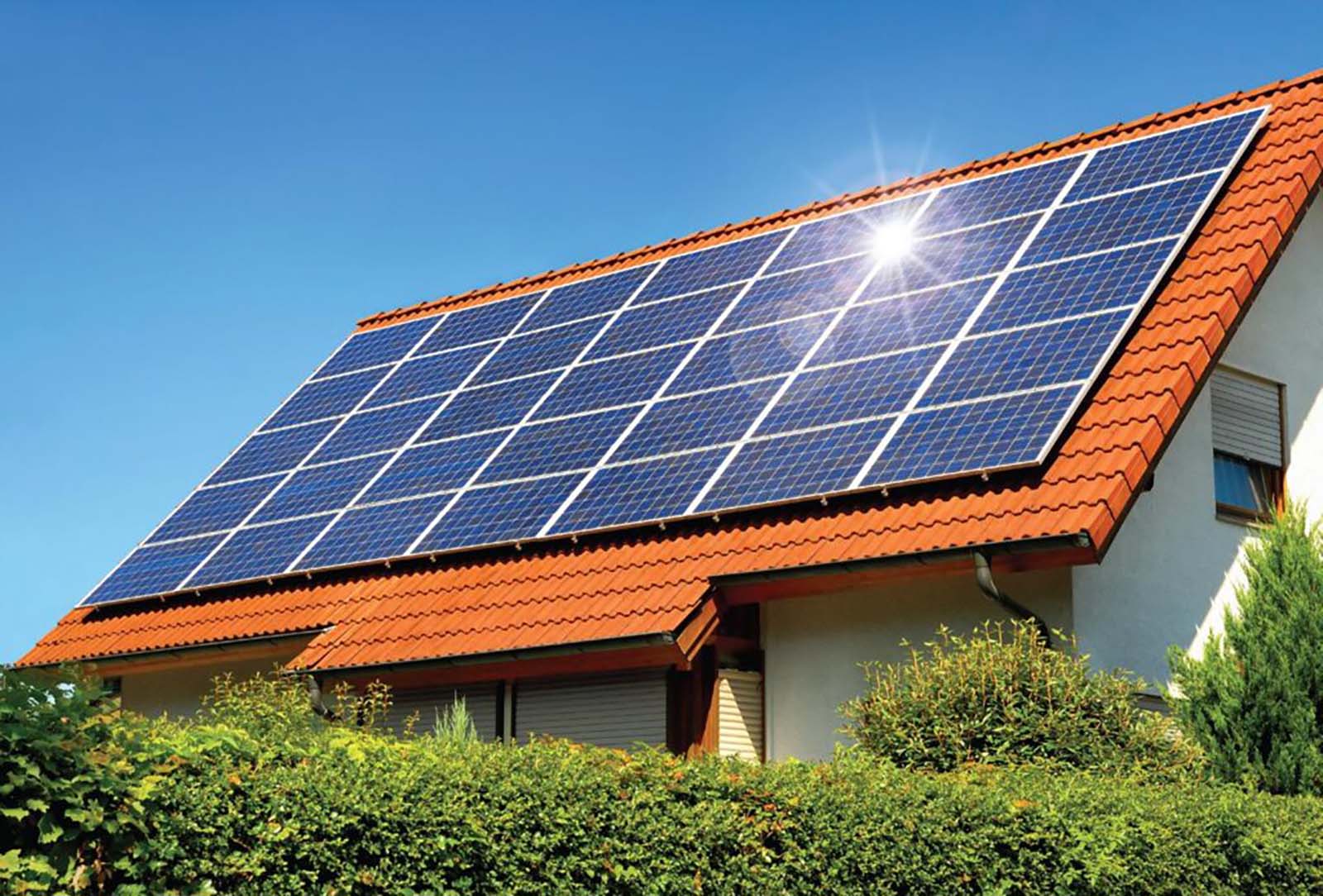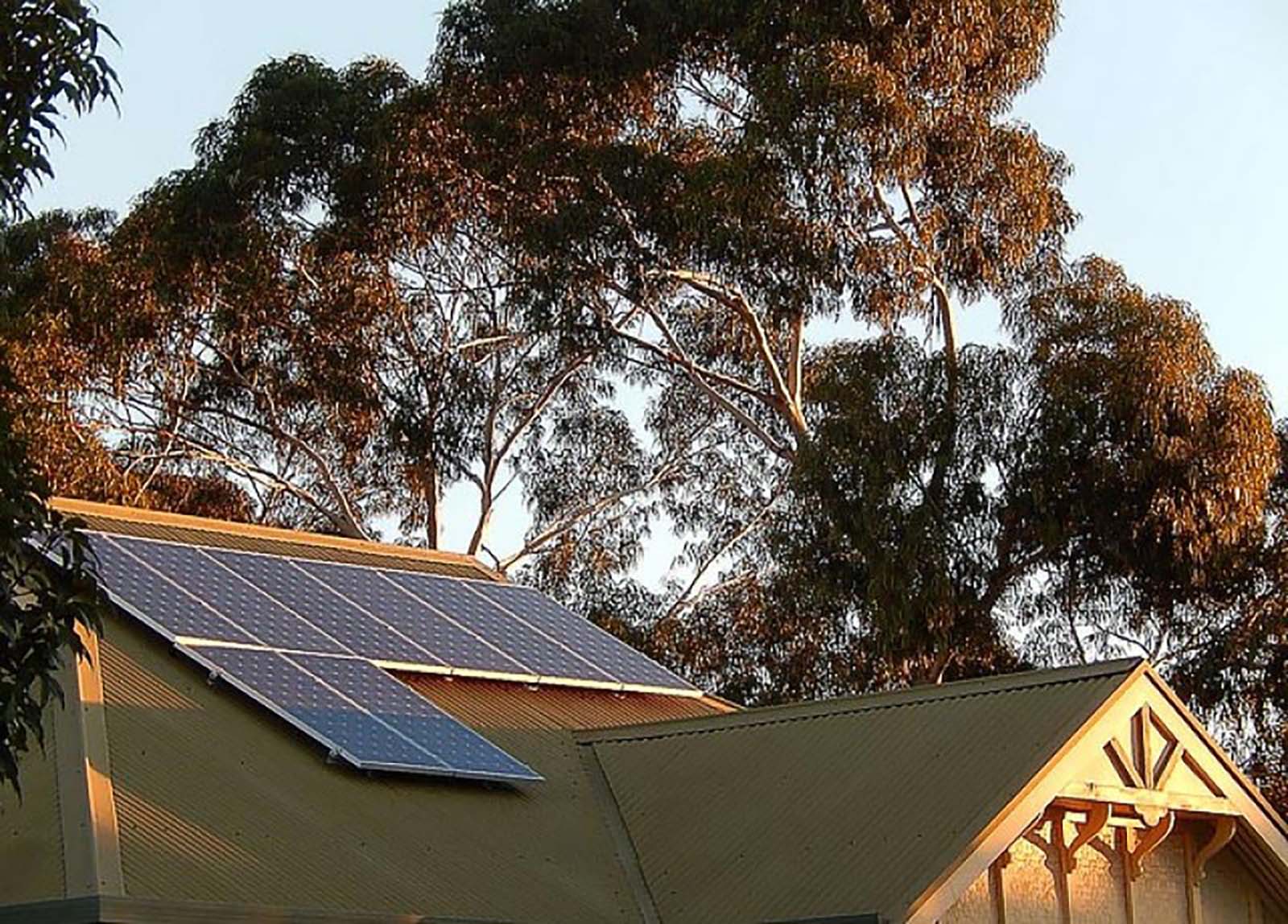What can be stored in a battery storage unit
Introduction
Battery storage units have become increasingly popular for their ability to store and release energy as and when required. They are used in a wide variety of applications, from providing backup power in homes and businesses, to storing surplus energy generated by renewable sources such as solar panels and wind turbines. But what exactly can be stored in a battery storage unit? Let’s explore the possibilities.
Types of energy storage
1. Electrical energy
The most common type of energy stored in a battery storage unit is electrical energy. This is the energy that is generated by sources such as solar panels, wind turbines, or the grid, and is then stored in the battery for later use. This stored energy can be used to power appliances, lighting, and other electrical devices when the primary energy source is unavailable.2. Mechanical energy
Some battery storage units are also capable of storing mechanical energy. This can be achieved through the use of technologies such as flywheels or compressed air, which store kinetic energy in the form of rotational or compressed motion. This stored mechanical energy can then be converted back into electrical energy when needed.3. Chemical energy
Another type of energy that can be stored in a battery storage unit is chemical energy. This is typically achieved through the use of rechargeable batteries, which store energy in the form of chemical reactions. When the battery is connected to a load, these chemical reactions are reversed, releasing the stored energy in the form of electrical power.
Applications of battery storage
1. Grid stability
Battery storage units are increasingly being used to help stabilize the electrical grid by storing surplus energy during periods of low demand and releasing it during peak times. This helps to balance supply and demand, reducing the need for expensive and polluting peaker plants.2. Renewable energy integration
Battery storage units are also essential for integrating renewable energy sources such as solar and wind into the grid. They can store excess energy generated during periods of high renewable output, allowing it to be used when the sun isn’t shining or the wind isn’t blowing.3. Backup power
Battery storage units are a popular choice for providing backup power in homes and businesses. They can be used to ensure a continuous power supply in the event of an outage or as a temporary power source in remote locations.In conclusion, a battery storage unit can store a wide range of energy types, including electrical, mechanical, and chemical energy. Its applications are diverse, ranging from grid stability and renewable energy integration to providing backup power. As the demand for energy storage continues to grow, battery storage units are expected to play an increasingly important role in our energy systems.

